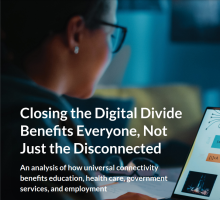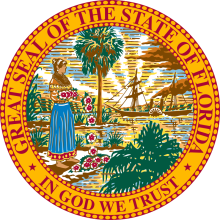
As data changes, we stay current so you can get the most recent information. It's important to be up-to-date, but seeing how broadband and related issues have changed over time also has value. As we release new versions of our report, Cooperatives Fiberize Rural America: A Trusted Model for the Internet Era [pdf], with updated information we’ll connect you with prior publications here.
Decades after bringing electricity and telephone services to America’s rural households, cooperatives are tackling a new challenge: the rural digital divide. This report explains why co-ops are a model that works for rural areas, and features:
- Maps showing areas where co-ops offer fiber Internet access
- Information on funding sources for co-op broadband projects
- Background on state legislation that hinders or supports broadband projects
- Our recommendations on how state and federal governments can support co-ops’ efforts to connect rural America
Links on this page will take you to original and current publications of the report.








